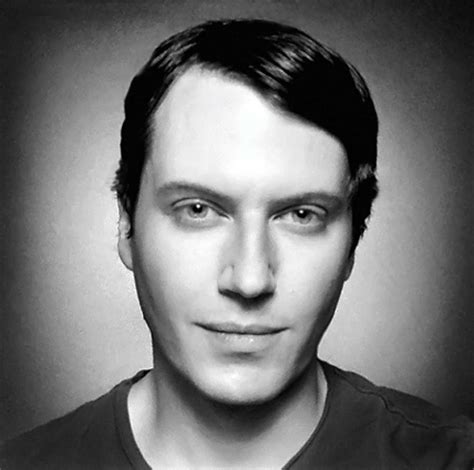A Quote by Peter Thiel
If people were super-optimistic about technology there would be no reason to be pessimistic about the future.
Quote Topics
Related Quotes
When asked if I am pessimistic or optimistic about the future, my answer is always the same: If you look at the science about what is happening on earth and aren’t pessimistic, you don’t understand data. But if you meet the people who are working to restore this earth and the lives of the poor, and you aren’t optimistic, you haven’t got a pulse.
One of the things that's exciting for me about this novel is that, to me, Brookland and The Testament of Yves Gundron were both, in certain regards, crypto-steampunk. They're both books that are interested in an alternate technological past that in fact didn't historically come to pass. If you were to ask me what my novels were about, I would say, well, these are novels about technology and how we relate to technology and what technology means.
Snowpiercer has both [optimistic and pessimistic]. It was essentially optimistic. The most pessimistic was my part, because of his knowledge. He knows how it started. The status quo, he knows, has to be maintained, otherwise there is no chance. He knows that this revolution is completely understandable and is also commendable. He also knows the negatives. In the end, that's not a very positive position to be in.
I think that, hundreds of years from now, if people invent a technology that we haven't heard of yet, maybe a computer could turn evil. But the future is so uncertain. I don't know what's going to happen five years from now. The reason I say that I don't worry about AI turning evil is the same reason I don't worry about overpopulation on Mars.

































